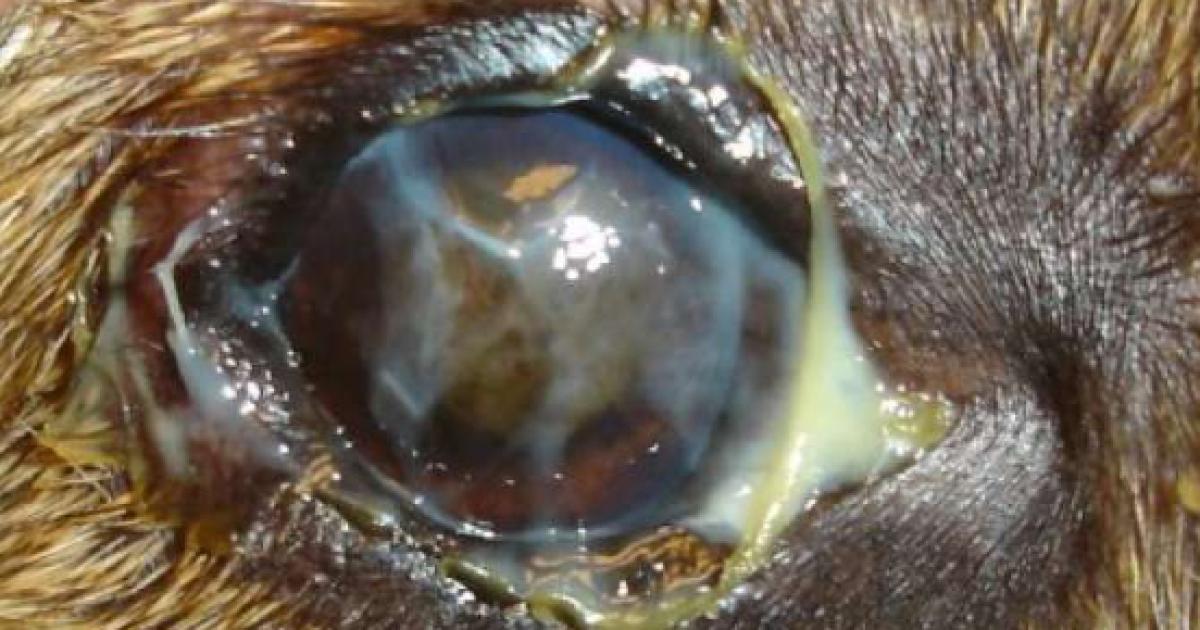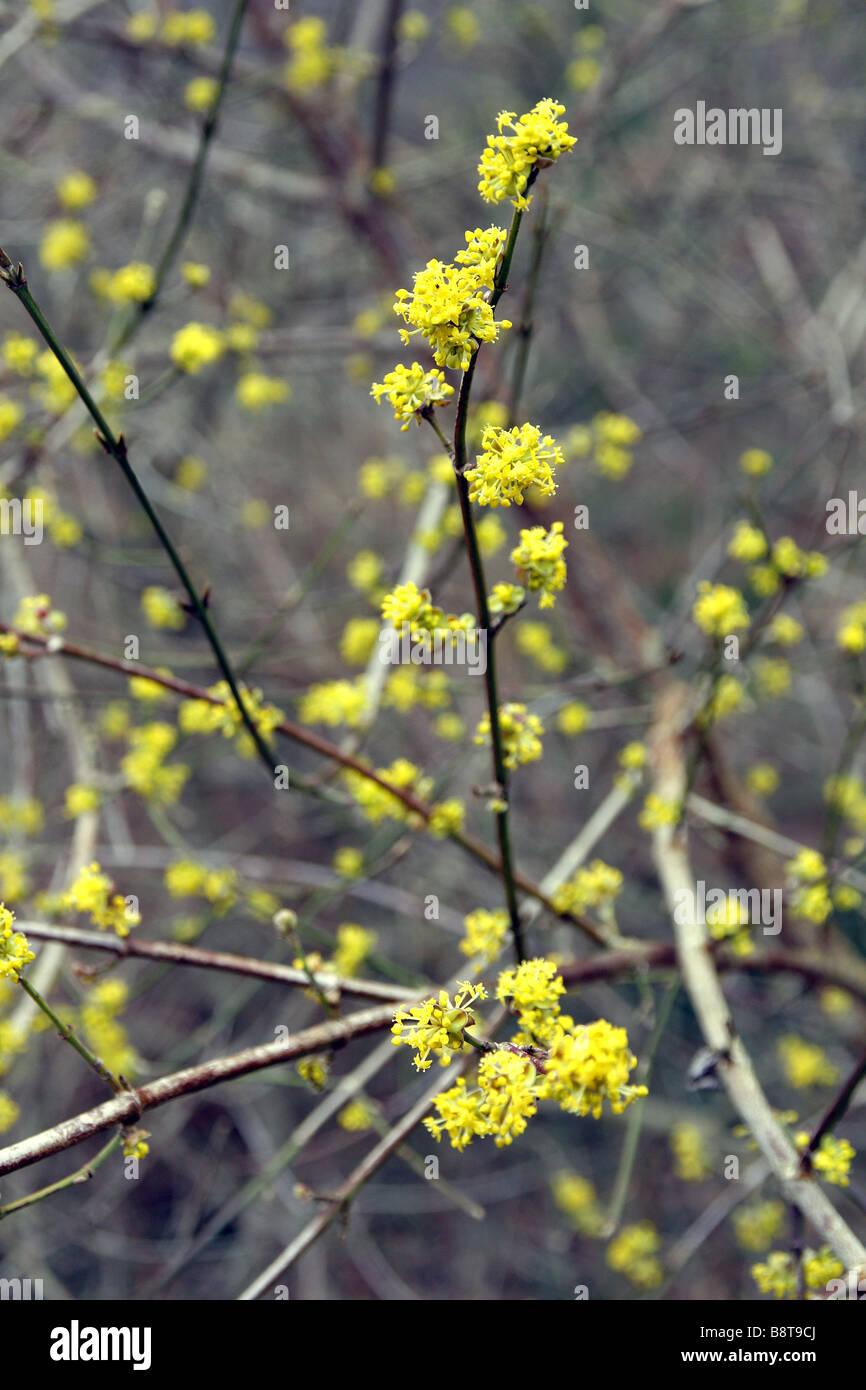

CM is rich in polyphenols, vitamin C and minerals, resulting in it being a “superfood”.


The therapeutic effects of CM include anti (-oxidant, -microbial, -diabetic, -atherosclerosis, -obesity, -glaucoma) (cyto-, neuro-, cardio-, liver-, renal-) protective hypo (-lipidemia and -tensive) have been found in reported studies, but clinical studies are limited. CM fruits contain high levels of anthocyanins and iridoids while the leaves contain higher phenolic acids. The aim of this review is to present an overview of CM’s biological properties and usefulness as a nutritional supplement. (CM), is a member of Cornaceae family, is widely used in folk medicine for the treatment of a wide range of diseases such as diabetes, digestive ailments, anemia, liver and renal diseases, among others. doi: 10.17660/ActaHortic.2007.760.59.Today, medicinal plants are very popular due to preventing many diseases and associated complications. Slovakian cornelian cherry (Cornus mas L.): Potential for cultivation. (In Turkish)īrindza P., Brindza J., Toth D., Klimenko S.V., Grigorieva O. Zoghal (Cornus mas L.) Azerbaijan Academy of Science, Institute of Botany Baku, Azerbaijan: 1990. Selected cultivars of cornelian cherry (Cornus mas L.) as a new food source of human nutrition. Rop O., Mlcek J., Kramarova D., Jurikova T. Characterization, quantification and bioactivities of anthocyanins in Cornus species. Seeram N.P., Schutzki R., Chandra A., Nair M.G. Scaly, exfoliating bark develops on mature trunks. It typically grows over time to 15-25' tall with a spread to 12-20' wide. (cornelian cherry), an important European and Asian traditional food and medicine: Ethnomedicine, phytochemistry and pharmacology for its commercial utilization in drug industry. Cornus mas, commonly known as cornelian cherry, is a deciduous shrub or small tree that is native to central and southern Europe into western Asia. Cornus species are a rich source of phytochemicals with nutritional and functional properties that justify the growing interest in these berries, not only for applications in the food industry but also useful for their medicinal properties.Ĭornus beneficial health properties flavonoids fruits iridoids.ĭinda B., Kyriakopoulos A.M., Dinda S., Zoumpourlis V., Thomaidis N.S., Velegraki A., Dinda M. Thus, this review describes the traditional uses of Cornus species common in Europe and Asia, a detailed classification of the bioactive compounds that characterize the fruits, and their beneficial health effects. However, these edible species are all worthy of interest because similarities have been found. The available phytochemical data show that the different classes of metabolites have not been systematically studied. Fruits are characterised by several classes of secondary metabolites, such as flavonoids, phenolic acids, lignans, anthocyanins, tannins, triterpenoids, and iridoids. officinalis are the most studied for which little information is available on the main phytochemicals and their biological activities. In contrast to the other edible Cornus species, C. These delicious fruits, characterized by their remarkable nutritional and biological values, are widely used in traditional medicine. Several species are known for edible fruits, especially Cornus mas and Cornus officinalis.


 0 kommentar(er)
0 kommentar(er)
